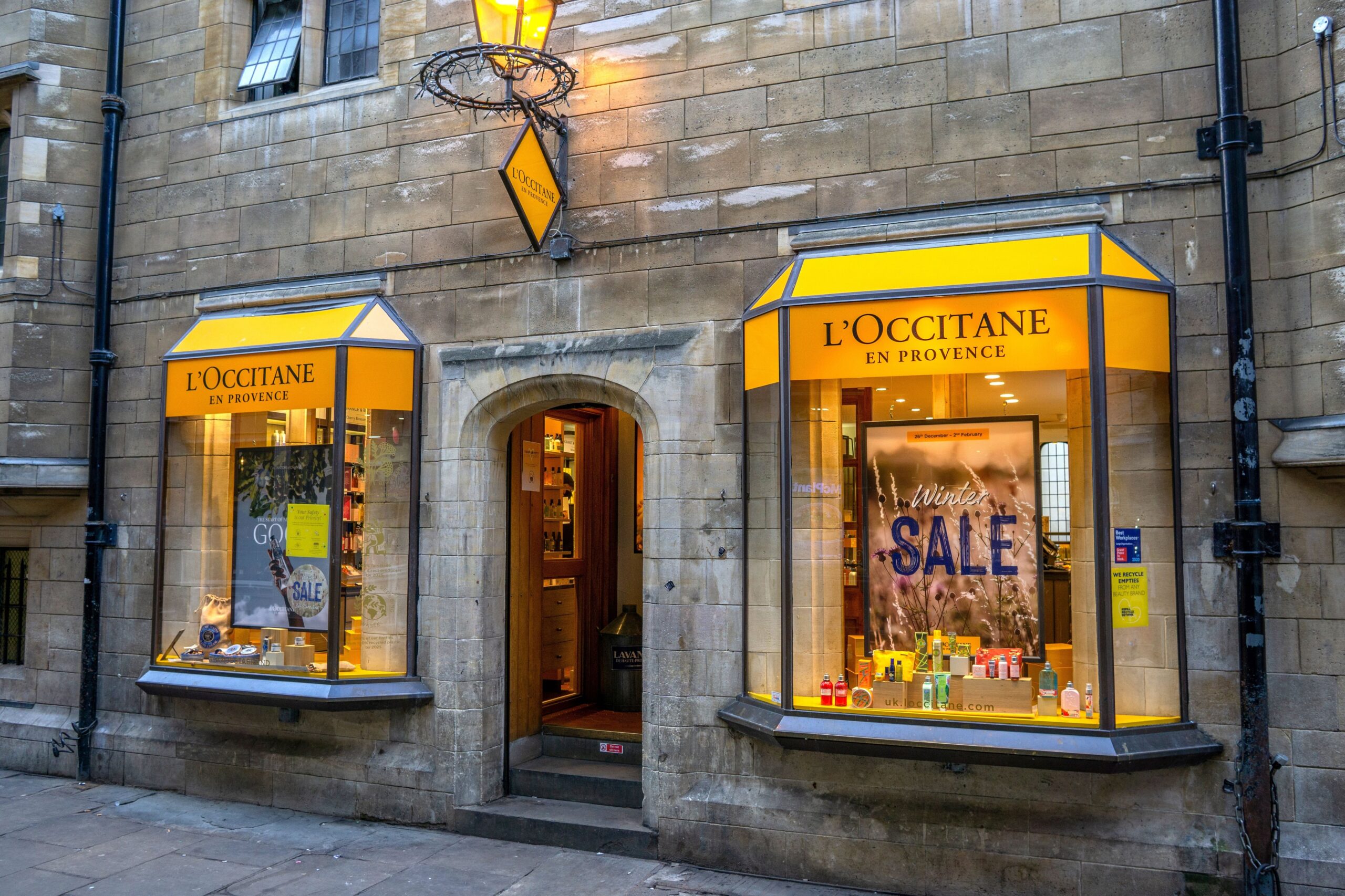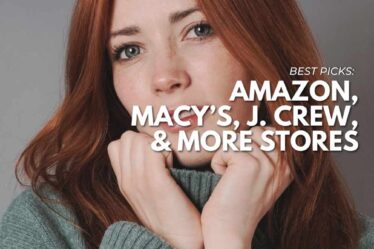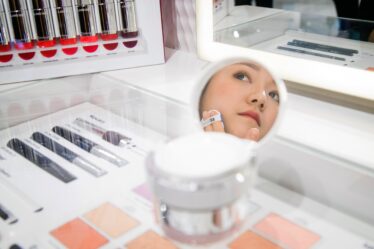
A new era of L’Occitane is upon us.
The company — which has been listed on the Hong Kong stock exchange since 2010 — announced a privatisation offer on April 29, with Blackstone and Goldman Sachs providing funding for a $1.8 billion take-private transaction that values the company at $6.4 billion.
The offer follows months of speculation: In August 2023, reports surfaced that Reinold Geiger, the company’s chair and majority shareholder, was considering a buyout with shares being temporarily halted from trading as a result – on announcing those plans were shelved, its share price dropped 30 percent. Shares were halted indefinitely on Apr. 9, following a Bloomberg report that privatisation was again imminent.
Often, companies spend years preparing for an initial public offering, as becoming a public company means punching in a heavier weight class. But L’Occitane’s hands have become tied with limited growth opportunities. In a statement, Geiger said, “The transaction we are launching today will enable us to focus on rebuilding the foundation for the long-term sustainable growth of our company.” Privatising now is indicative of a different kind of growing pains.
“Management is a bit fed up with their low valuation in the Hong Kong market,” said Ivan Su, a senior equity analyst at investment firm Morningstar.
The Hong Kong stock exchange was seen as a lucrative option for global companies in the early 2010s when the Chinese consumer was rapidly gaining wealth — and an appetite for luxury goods to go with it. But the market hasn’t lived up to expectations in the long term. Firms like Samsonite, Prada and L’Occitane are what Erwan Rambourg, a managing director in HSBC’s consumer practice, referred to as “orphan stocks.” The former two companies have announced plans to get out of the exchange or add a secondary listing somewhere else.
Beauty conglomerates listed on the New York or Paris stock exchanges often enjoy higher valuations — in Hong Kong, the standard price to earnings multiple is around nine, said Su, while in the US, it’s often higher than 20. Beauty companies like Estée Lauder and L’Oréal enjoy PE multiples around 30 to 50, while L’Occitane’s has historically been between in the high teens to low twenties, though the news of a possible takeover caused its share price to skyrocket before trading was halted. Geiger’s offer of $34 HKD ($4.30) a share is a 61 percent premium on its average closing price.
“[Geiger] must think, “I have a great company with good growth and good margins,” and relates more to a [Estée] Lauder or Beiersdorf … In some cases, [L’Occitane] has higher margins and better growth,” said Rambourg.
The author has shared a Flourish data chart.You will need to accept and consent to the use of cookies and similar technologies by our third-party partners (including: YouTube, Instagram or Twitter), in order to view embedded content in this article and others you may visit in future.
Peer Pressure
L’Occitane’s issues go beyond its trading locale. The company’s strategic plans are increasingly at odds with shareholders’ expectation for quarterly revenue increases and dividends. Su said the company might simply wish to rid itself of these external controls.
Public investors haven’t taken kindly to its growth plans. In June 2023, the company announced an investment of €100 million ($106 million) into marketing efforts in order to revive some of its core brands like L’Occitane en Provence and Elemis. Its stock price slid some 15 percent. Analysts often view large marketing expenditures as a black hole, said Bill Detwiler, co-founder and managing partner of investment firm Fernbrook, especially if efforts are directed to platforms like Facebook and Instagram, which both offer unpredictable returns on investment.
The other key difference L’Occitane has is its unusually large store footprint, mainly for its core brand L’Occitane en Provence. The body care brand operates more than 2,000 storefronts worldwide. Most other beauty conglomerates rely heavily on wholesale, selling their brands through the likes of Sephora or in department stores.
“You’re paying rent and paying staff like Louis Vuitton, but you’re not selling a $1,500 handbag; you’re selling $29 shea butter hand cream,” said Rambourg, adding that the volume needed to turn a profit is enormous. “Selling beauty [in standalone] retail has never been an easy task.”
L’Occitane’s leadership may wish to reduce the number of stores to improve margins, remove poorer-performing products, or even cull brands. Earlier this month, it shed skincare brand Grown Alchemist, selling the majority share to outgoing chief executive, André Hoffman.
The Size of the Prize
L’Occitane does have growth potential. Unlike some of its peers that have opted for a selective mergers and acquisition strategy – Estée Lauder prefers premium brands, L’Oréal has focused lately on dermatologist-led skincare and prestige perfume — L’Occitane’s approach has been scattergun. While it’s had a slant towards brands with natural credentials, its portfolio is mixed across skincare, cosmetics and hair care. Some acquisitions like Sol de Janiero, which it acquired in 2021, have provided stellar growth. In the nine months leading up to 31 Dec. 2023, sales grew by 184 percent, led by viral products and wild popularity with Gen-Z and Gen Alpha. The brand is expected to reach $1 billion in sales in the full fiscal year.
But not all new acquisitions have been hits. Other lines like Melvita and Erborian, which it groups together, are a small part of its overall sales.
As a private company, it could make unencumbered decisions when it comes to M&A; whether that’s divesting brands or acquiring others to balance out Sol de Janiero’s astronomical growth. Rambourg described Sol de Janiero as a “homerun,” but its future as a leader in body care and fragrance is threatened by more brands climbing into these categories. Any future softness in the appeal of influencer marketing could also undercut its success.
A Private Affair
L’Occitane’s ownership profile is somewhat irregular for a public company. More than 70 percent of it is owned by Geiger; the families at the helm of Estée Lauder and L’Oréal own 38 percent and 35 percent, respectively. Its unique profile might be part of what makes it appealing to a private equity buyer, said Detwiler.
“Private equity firms love partnering with essentially family-owned businesses, or families not getting any benefit from being public,” Detwiler said. Linking up with a firm like Blackstone makes for a good fit, as it has global reach and previous success with beauty and personal care. The fund owns sunscreen line Supergoop and clinical skincare line Zo Skin Health.
Other firms have made the switch. In 2008, after 24 years on the Parisian stock market, Clarins reprivatised to become a fully family-owned company again. Since then, it’s expanded greatly: adding makeup, men’s and luxury lines, as well as opening directly-operated stores, a glitzy office tower near Paris and a research and development centre in Shanghai. It’s also made investments in skincare line Pai and the clean makeup brand Ilia. (Clarins’ example may be top of mind, as the group used to be an investor in L’Occitane from 2001 to 2011.)
The road ahead for L’Occitane likely requires some course-correction. In order to revive its core properties, strategic shifts are needed, which could include discontinuing product lines, investing in new product development and more marketing. While L’Occitane en Provence is making great inroads in China and has growth potential in Asia, it’s seen as “a bit dusty” in Europe, said Rambourg. With around $156 million in cash, the company could need a capital injection to achieve these goals.
More rockstar brands are needed to help reduce reliance on Sol de Janiero, and future-proof the company against shifts in consumer tastes and preferences. As Detwiler noted, private equity firms are always interested in companies that support further acquisitions.
Even with an offer on the table, whatever L’Occitane’s ultimate strategy is, it likely won’t unfold rapidly. ‘[Geiger] is not about getting a quick return. He’s obsessed about doing the right thing for the long term,” said Rambourg.



